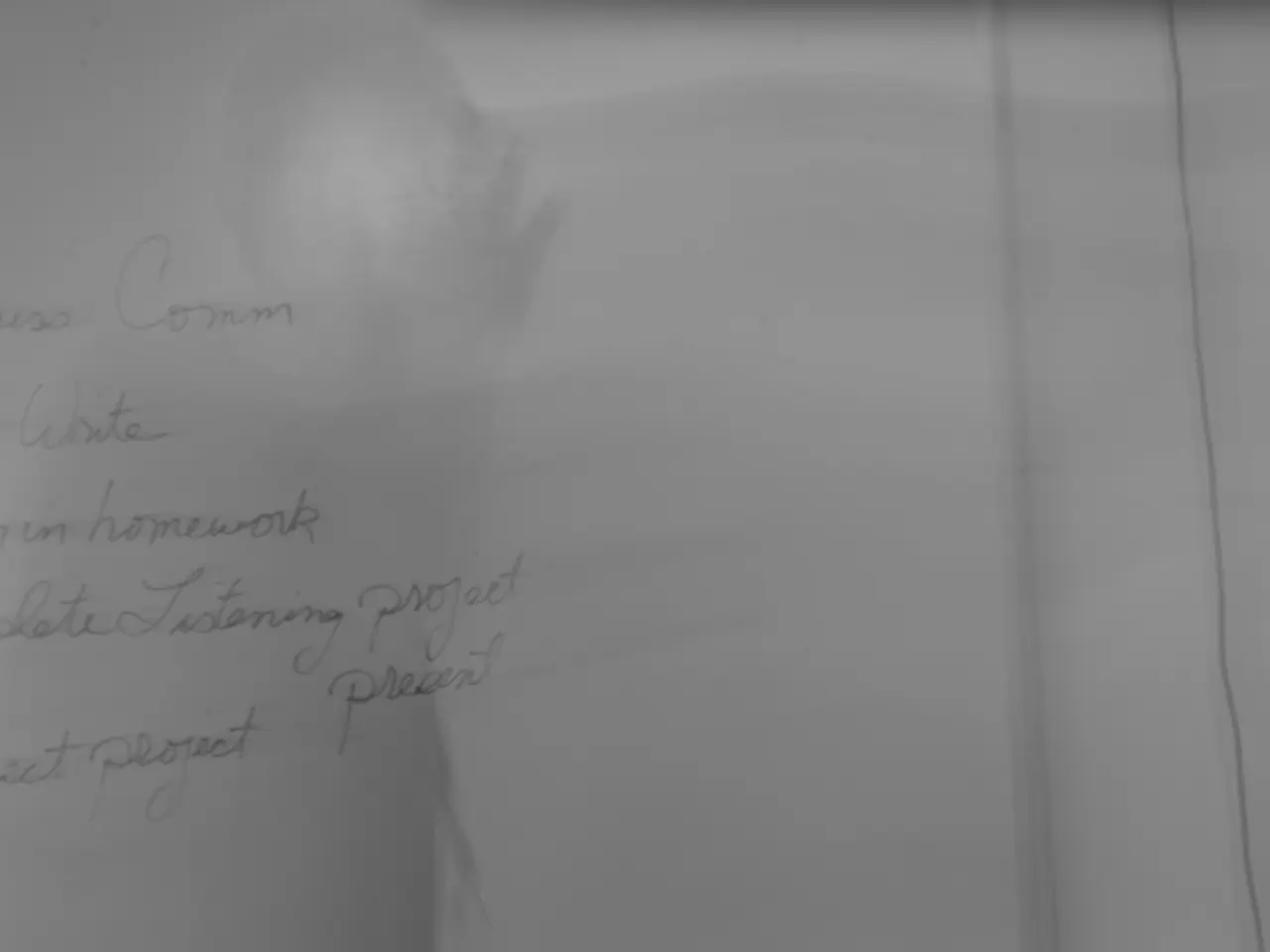Trump Accuses Former Treasury Secretary of Attempting to 'Shift Blame' onto Jerome Powell
In a recent appearance on ABC News' This Week, renowned economist and former Treasury Secretary Larry Summers suggested that President Donald Trump might be attempting to scapegoat Federal Reserve Chair Jerome Powell should the U.S. economy enter a recession.
The basis for Summers' claim lies in the political and economic tensions that have characterised Trump's presidency, particularly concerning monetary policy and economic performance.
Evidence for Summers' Claim
- Criticism of Powell: Trump has publicly expressed frustration with Powell and the Federal Reserve's interest rate hikes, accusing the Fed of being too aggressive in tightening monetary policy. His comments often imply that the Fed's actions are hindering economic growth, sometimes framing Powell as responsible for potential economic downturns.
- Historical Statements and Tone: Trump has repeatedly praised the economy under his administration but has shifted blame towards the Fed when economic indicators showed signs of slowing. This pattern aligns with a political strategy of assigning blame to the Fed (an independent institution) rather than to the administration’s policies.
- Behavior Around Recession Risks: As recession risks rose notably by late 2019, concerns about trade tensions, slowing global growth, and inverted yield curves emerged. During this period, Trump doubled down on criticism of the Fed, calling for interest rate cuts and signalling dissatisfaction with Powell’s approach. Despite Powell’s efforts to indicate the Fed’s independence, Trump’s rhetoric could be interpreted as preemptively setting Powell up as a scapegoat if economic deterioration occurred.
- Expert Analysis: Economists and political analysts have noted that using the Fed chair as a scapegoat is a convenient political tactic because the Fed operates independently and is outside direct political control. Summers and others argue this tactic diverts attention from federal policy decisions (trade wars, fiscal policy) that contribute to economic risks.
Counterpoints/Limitations
- There is no direct evidence (e.g., explicit internal memos or statements) proving Trump planned to scapegoat Powell; it is a political interpretation based on public statements and behaviour.
- The Fed chair role is often politically sensitive; Presidents frequently critique the Fed chair without necessarily intending to shift blame if things go wrong.
Implications
While there is no explicit proof that Trump had a formal plan to scapegoat Jerome Powell, Summers’ perspective is supported by a pattern of Trump’s public criticisms and political behaviour regarding the Fed chair. This pattern fits a common political approach to attribute economic problems to an independent entity rather than to the administration itself. Thus, Summers’ perspective is plausible and aligns with observable evidence, though it remains interpretive rather than definitively proven.
As the economic landscape continues to evolve, the potential implications of Trump's actions on the Fed and the economy at large remain a subject of ongoing discussion and concern.
- Larry Summers contends that President Trump may attempt to blame Jerome Powell, the Federal Reserve Chair, if the U.S. economy enters a recession, citing political and economic tensions between them.
- The economy under Trump's presidency has been characterized by strained relations over monetary policy and economic performance.
- Trump has publicly criticized Powell and the Federal Reserve's interest rate hikes, accusing them of hindering growth and potentially causing economic downturns.
- As recession risks rose in late 2019, Trump intensified his criticism of the Federal Reserve, calling for interest rate cuts and expressing dissatisfaction with Powell's approach.
- Economists and political analysts have observed that Trump's criticism of the Federal Reserve may serve as a political tactic to divert attention from his administration's policies contributing to economic risks.
- Some counterpoints to Summers' claim suggest that Trump's critiques of the Fed chair are not necessarily intended as blame-shifting, given the independent nature of the Fed and the political sensitivity of the role.
- Despite the ongoing debate, Summers' perspective on Trump's potential scapegoating of Powell aligns with a pattern of political behavior, making it a plausible interpretation of the relationship between Trump and the Fed.




